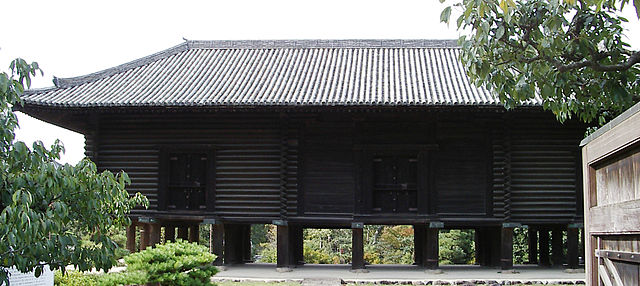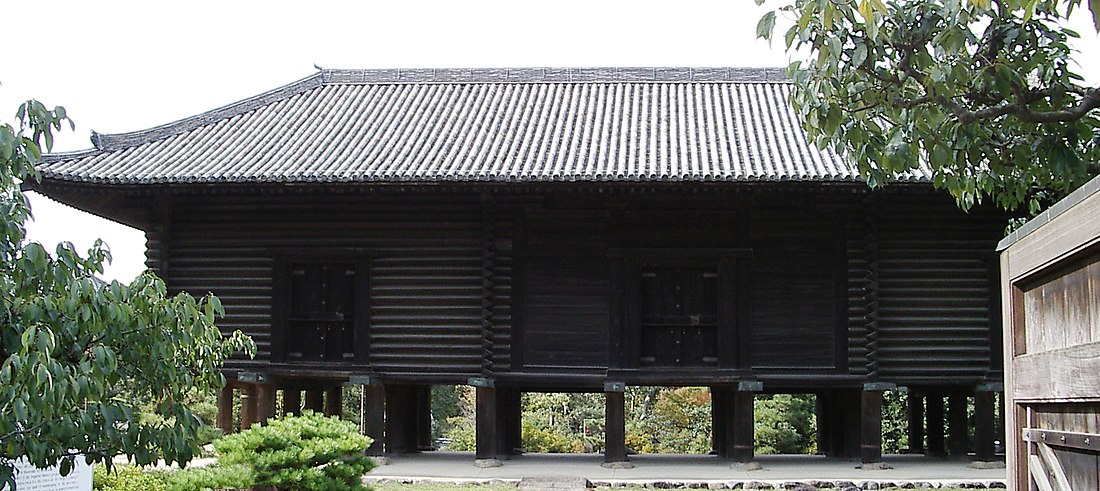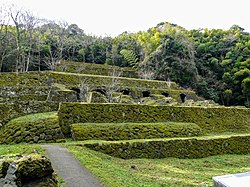Museum
institution that holds artifacts and other objects of scientific, artistic, cultural, historical, or other importance From Wikipedia, the free encyclopedia
Remove ads
A museum is a building[1] which is open to the public.[2] It is also the institution where things are collected and then shown to people.[3]

History
The word, museum, originates from Musa which is the goddesses of literature, art, and science who appears in Greek mythology.
According to the International Council of Museums (ICOM), the definition of museums has changed over time.[2]
The oldest museum structure in the world is the Shōsō-in in Nara, Japan.[4]
Today's museums are non-profit, permanent institutions in the service of society and its development.[2]
Remove ads
Function
A museum acquires, conserves, researches, communicates and exhibits the tangible heritage[5] and the intangible heritage[6] of humanity and the environment.[2]
Museums exist for the purposes of education, study and enjoyment.[2]
Some museums have things that visitors can do. For example, ecomuseums exist.
Museums can be about different things such as art, national history, natural history, or science. People go to museums sometimes to learn, or to simply have fun.
Museums with live animals are called zoos.
Exhibitions
- Temporary or changing exhibits
- Exhibition which selects works along with some themes, e.g., a writer, a time, an area, etc.
- Permanent exhibits
- Exhibition which displays the works which the museum possesses.
Remove ads
Gallery
Art museums
History museums
- The Tōhoku History Museum in Miyagi
Literature museums
- Koriyama Museum of Literature in Fukushima is the former home of Masao Kume
Natural history museums
Open air museums
- Iwami Ginzan Silver Mine is a World Heritage Site in Shimane Prefecture, Japan
Science museums
- Mushitec in Fukushima is about insects
Museum ships
- Cutty Sark in London, England
- Nippon Maru in Yokohama harbor
- National Museum, Szczecin, Poland
Related pages
References
Further reading
Other websites
Wikiwand - on
Seamless Wikipedia browsing. On steroids.
Remove ads











